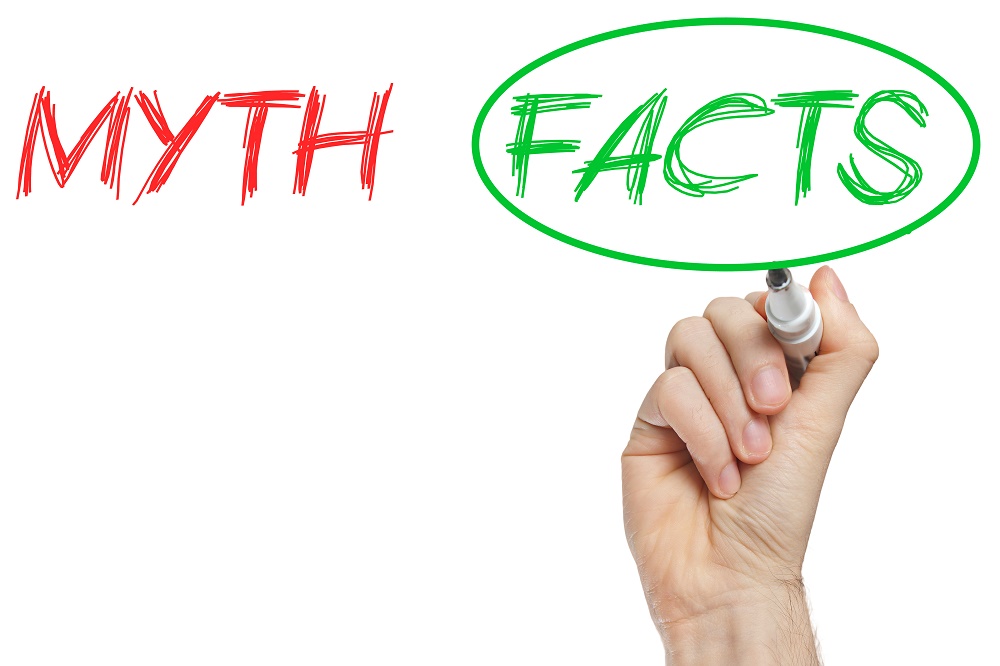Myths About Debt Settlement
Debt settlement can be a powerful tool for debtors who are unable to make minimum monthly payments on their outstanding obligations. However, debt settlement is not the right solution for every debtor struggling to make ends meet. There are a number of myths and misconceptions swirling around debt relief plans in general and debt settlement specifically that can lead unwary and uniformed debtors into choosing debt settlement to resolve their obligations even when debt settlement is not the best option for them. Debtors who carelessly choose debt settlement without considering the pros and cons of this debt relief approach or without evaluating whether it is right for their situation risk putting themselves, their assets, and their financial future in jeopardy.
Common Myths About Debt Settlement
Those considering debt settlement as a way to resolve their debts should discuss the following myths and facts with an experienced and knowledgeable debt settlement attorney to help determine whether debt settlement can be of benefit to them:
- Myth: Debt settlement is the same as debt consolidation.
Fact: Debt settlement and debt consolidation are two very different types of debt relief. In debt settlement, you agree with your creditor to pay a lump sum (or sometimes just a few payments) amount that is less than what you actually owe. The creditor then writes off the balance as a loss and you are discharged from having to pay the balance. Debt consolidation occurs when you agree to pay your creditors through an agency that collects one sum from you monthly and then pays your creditors on your behalf) a set amount each month until your debts are paid in full. Usually, the creditors will agree to lower your interest rate or eliminate it altogether while you continue to make payments. In a debt consolidation plan, the plan is not “successful” until your creditors have been paid back in full.
- Myth: Debt settlement won’t hurt my credit score.
Fact: It is true that debt settlement probably won’t hurt your credit score as much as a bankruptcy, foreclosure, or repossession will. But make no mistake: Your credit score will drop because of a debt settlement agreement because you have failed to pay an account or obligation as you had previously agreed to do. Also, other creditors will be able to see that you paid an account for less than what you owed. This can cause some creditors to hesitate in extending you credit in the future.
- Myth: Debt settlement stops collection activity.
Fact: Unless the creditor specifically agrees in writing to suspend collection activity during the debt settlement process, the creditor may continue with collection activities like calling you, sending your letters, or pursuing litigation. If a creditor or debt collector has begun collection activity against you, you or your attorney may be able to have the creditor or collector agree to cease further collection activities in anticipation of you fulfilling your obligations under the debt settlement agreement. Be aware, however, that if the creditor or collector does agree to this but the debt settlement agreement falls through for any reason, the creditor/collector may resume collection activities from where it left off.
Contact an Arizona Debt Settlement Lawyer Today
Navigating the debt settlement process can be confusing. This is why a debt settlement lawyer can be extremely valuable to debtors in financial crisis. A small investment made in retaining the services of a knowledgeable debt settlement lawyer can help debtors evaluate whether debt settlement is right for them, gain a clearer picture of what the process entails, and obtain the maximum benefit possible from reaching debt settlement agreements with their creditors.
